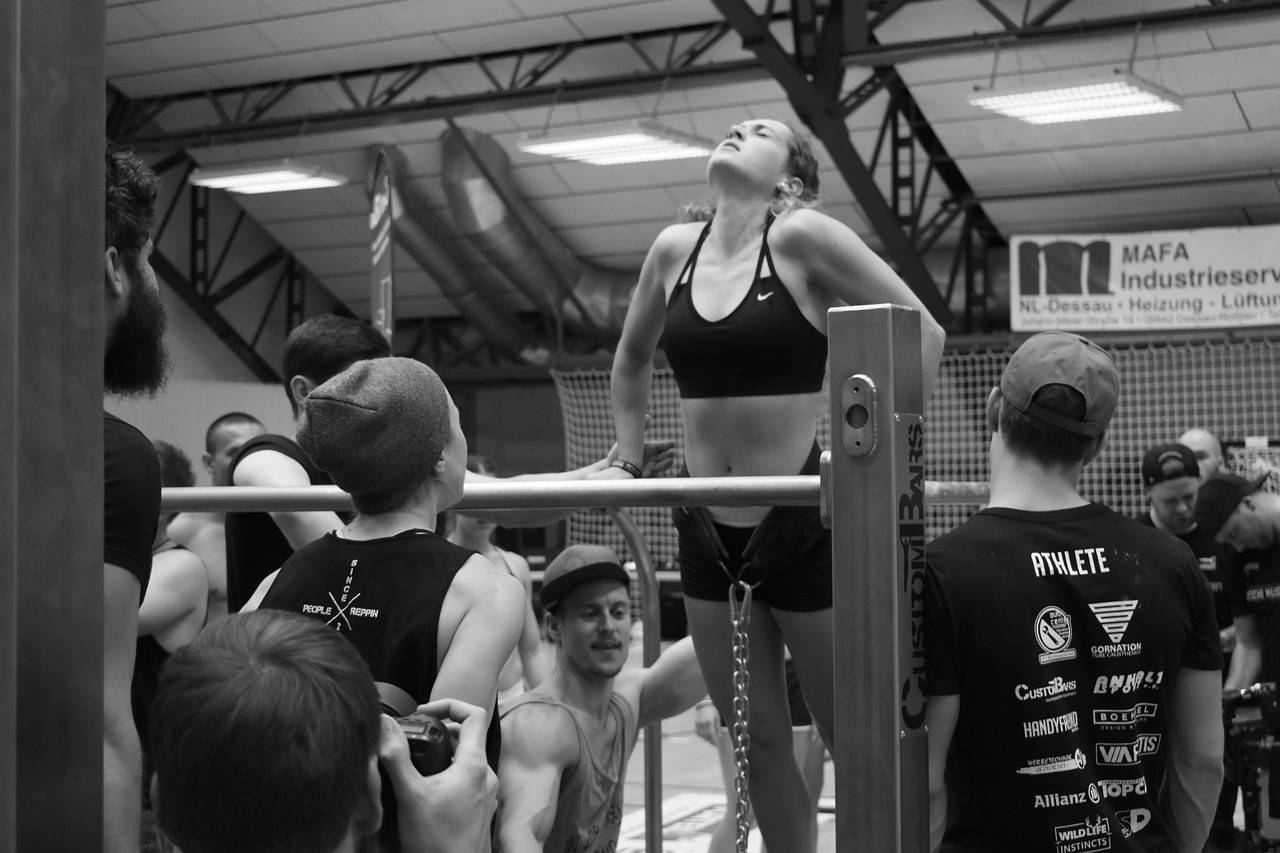Neurological Insights into Cricket Wicket-keeping Technique Optimization: 11xplay online id login, India24bet login, Skyinplay
11xplay online id login, india24bet login, skyinplay: As a cricket wicket-keeper, your role is crucial in the team’s success. You are the last line of defense, responsible for catching the ball, stumping the batsman, and maintaining the team’s momentum. To excel in this position, it is essential to optimize your technique through a deep understanding of the neurological aspects involved.
Neurological Insights into Cricket Wicket-keeping Technique Optimization
Neuroplasticity and Skill Acquisition
Neuroplasticity refers to the brain’s ability to reorganize itself by forming new neural connections. When it comes to skill acquisition in cricket wicket-keeping, neuroplasticity plays a vital role. By practicing specific techniques repeatedly, you can strengthen neural pathways associated with those movements, leading to improved performance on the field.
Focus and Attention
Maintaining focus and attention is crucial for wicket-keepers, as they need to react quickly to incoming balls. Research has shown that elite athletes have enhanced attentional control, allowing them to process relevant information quickly and accurately. By training your brain to focus on the ball and block out distractions, you can improve your reaction time and decision-making on the field.
Visual Processing
Visual processing is another key aspect of wicket-keeping technique optimization. As a wicket-keeper, you rely heavily on visual cues to anticipate the ball’s trajectory and make split-second decisions. By training your visual processing skills, such as depth perception and peripheral vision, you can enhance your ability to track the ball and position yourself effectively behind the stumps.
Motor Skill Coordination
Motor skill coordination is essential for wicket-keepers, as they need to synchronize their hand-eye coordination to catch the ball or execute a stumping. By practicing drills that focus on hand-eye coordination and fine motor skills, you can enhance your ability to perform complex movements with precision and speed.
Anticipation and Decision Making
Anticipation and decision-making are critical skills for wicket-keepers, as they need to predict the batsman’s actions and react accordingly. By training your brain to anticipate potential outcomes and make quick decisions under pressure, you can improve your ability to read the game and make strategic choices on the field.
Muscle Memory and Repetition
Muscle memory is a key component of skill acquisition in cricket wicket-keeping. By repeating specific movements and techniques consistently, you can program your muscles to perform those actions automatically, reducing the need for conscious thought and improving your overall performance on the field.
FAQs
Q: How can I improve my reaction time as a wicket-keeper?
A: To improve your reaction time, practice specific drills that focus on quick decision-making and hand-eye coordination. By training your brain to process information rapidly and execute movements instinctively, you can enhance your reaction time on the field.
Q: What visual processing skills are essential for wicket-keepers?
A: Depth perception, peripheral vision, and focus are crucial visual processing skills for wicket-keepers. By training these skills through specific exercises and drills, you can enhance your ability to track the ball and anticipate its trajectory accurately.
Q: How can I optimize my wicket-keeping technique through neuroplasticity?
A: By practicing specific techniques consistently and focusing on refining your skills through repetition, you can strengthen neural pathways associated with wicket-keeping movements. This, in turn, can improve your overall performance on the field through enhanced muscle memory and coordination.
In conclusion, optimizing your cricket wicket-keeping technique involves a deep understanding of the neurological aspects that influence your performance on the field. By focusing on neuroplasticity, attention, visual processing, motor skill coordination, anticipation, and muscle memory, you can enhance your skills and excel in this crucial position. Implement these insights into your training regimen, and watch as your wicket-keeping technique reaches new heights.







